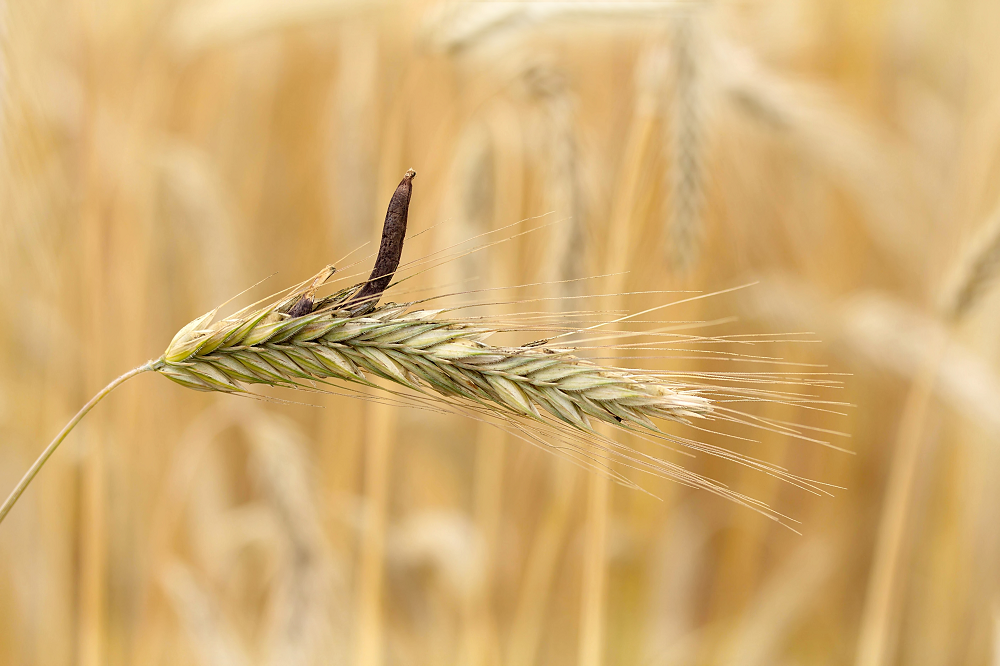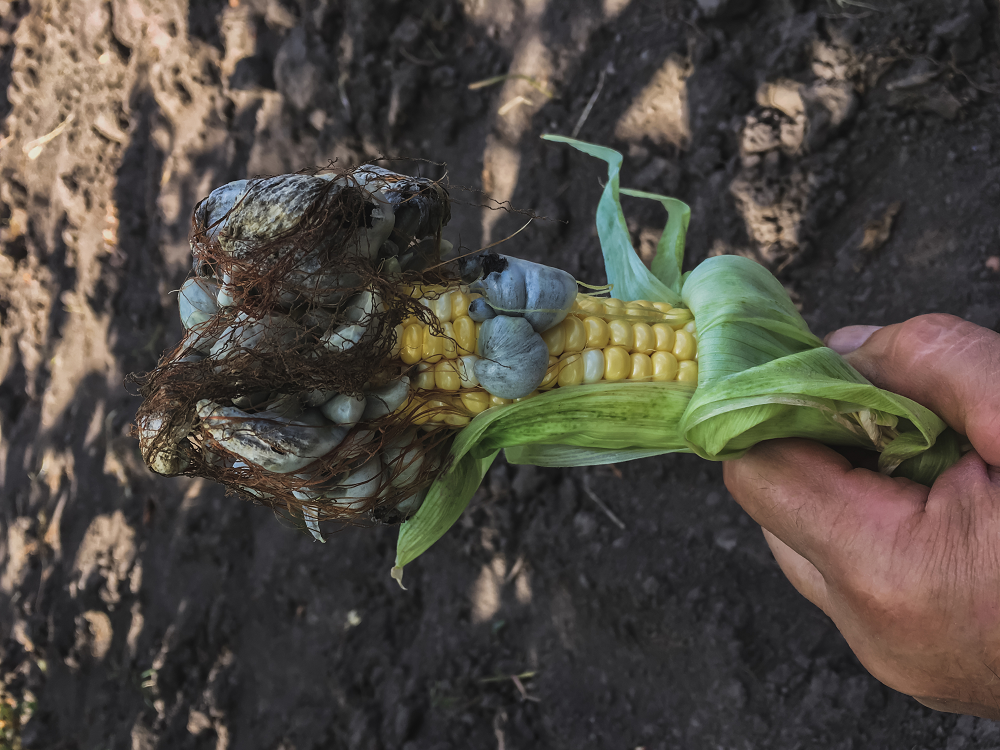Produced by fungi in the Claviceps genera, particularly C. purpurea, ergot is a term that describes the sclerotia (also known as ergot bodies). Ergot bodies are fungal growths that contain toxic alkaloids produced by the fungi. Cereal grain species—including rye, wheat, corn, triticale, barley, oats, and others—are vulnerable to ergot infection and are capable of producing ergot bodies.


The incidence of ergot infection of grains and its severity varies annually. Ergot occurrence is most prevalent in places with high soil surface moisture in spring and early summer or with wet weather prevailing during the flowering stage of cereal crops.
Interestingly, the ergot body size is not directly correlated to the concentration of ergot alkaloids. However, the European Food Safety Authority has reported a strong correlation between the content of sclerotia and the levels of ergot alkaloids. Additionally, in the same report, the absence of sclerotia did not exclude the presence of ergot alkaloids in the grain.
With a structure similar to noradrenaline, serotonin, and dopamine, ergot alkaloids stimulate vasoconstriction in the body. In humans, this is commonly called St. Anthony’s fire. In animal production, the most common clinical symptom of ergot poisoning is vasoconstriction which may progress to:
These symptoms are associated with high contaminations well above regulations or recommendations limits. The effects of ergot toxicity vary among different livestock species. Poultry appears to be able to handle higher dietary alkaloid concentrations than ruminants or swine. In all species, the reduction in feed intake is linked to the aromatic properties of ergot alkaloids.
For management, ergot bodies should be removed during seed screening. There are regulations for the allowed quantities of ergot bodies in grain and feed to limit their risk.
| Regions | Ergot limit in cereal grains for humans (% net wt) | Ergot limit in cereal grains for livestock feed (% net wt) |
|---|---|---|
| European Union | 0.05 | 0.10 |
| United Kingdom | Zero tolerance | 0.0001 |
| Canada | 0–0.5 | 0.10–0.33 |
| United States | 0.30 (wheat, rye) | 0.30 (wheat, rye) |
| Australia and NZ | 0.05 | N/A |
| Switzerland | 0.02 | N/A |
| Japan | 0.04 | N/A |
Would you like to be kept informed of our latest developments? Register here and stay up to date.
"*" indicates required fields
| Cookie | Duration | Description |
|---|---|---|
| cookielawinfo-checkbox-analytics | 11 months | This cookie is set by GDPR Cookie Consent plugin. The cookie is used to store the user consent for the cookies in the category "Analytics". |
| cookielawinfo-checkbox-functional | 11 months | The cookie is set by GDPR cookie consent to record the user consent for the cookies in the category "Functional". |
| cookielawinfo-checkbox-necessary | 11 months | This cookie is set by GDPR Cookie Consent plugin. The cookies is used to store the user consent for the cookies in the category "Necessary". |
| cookielawinfo-checkbox-others | 11 months | This cookie is set by GDPR Cookie Consent plugin. The cookie is used to store the user consent for the cookies in the category "Other. |
| cookielawinfo-checkbox-performance | 11 months | This cookie is set by GDPR Cookie Consent plugin. The cookie is used to store the user consent for the cookies in the category "Performance". |
| viewed_cookie_policy | 11 months | The cookie is set by the GDPR Cookie Consent plugin and is used to store whether or not user has consented to the use of cookies. It does not store any personal data. |
